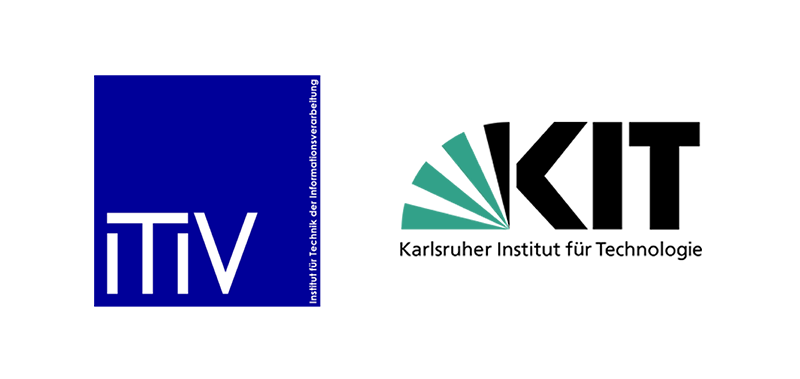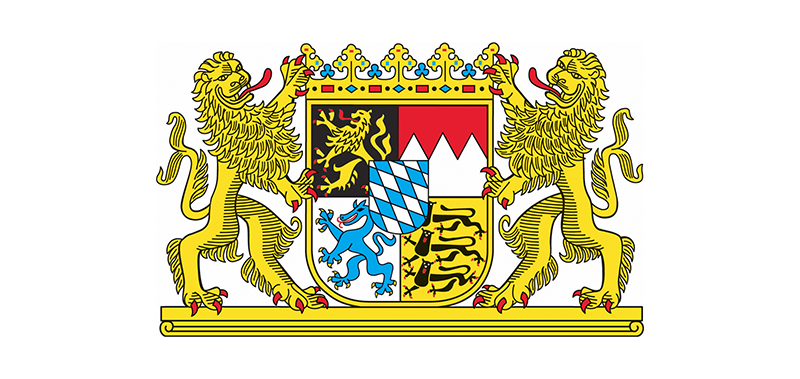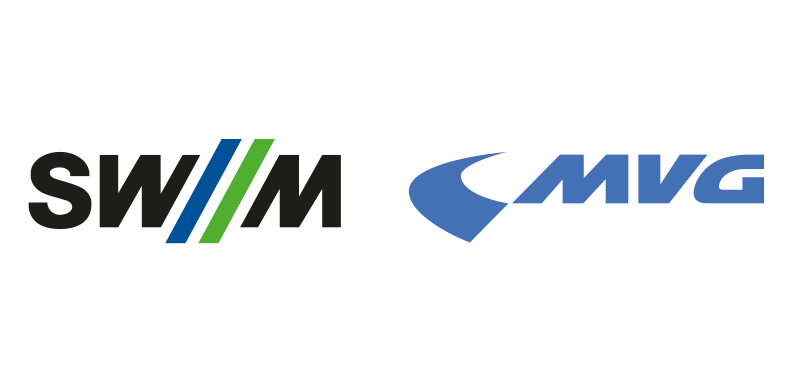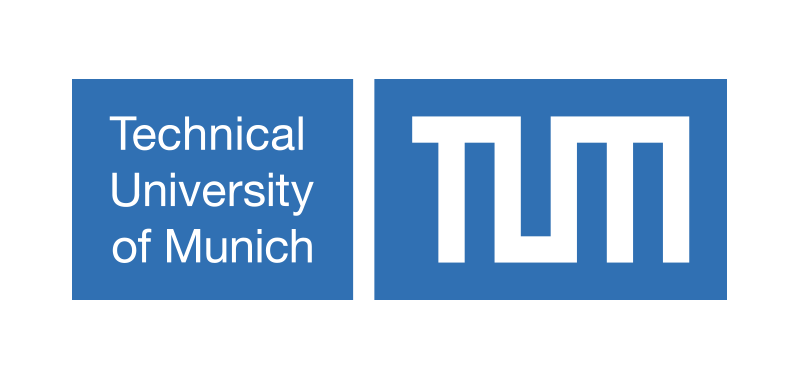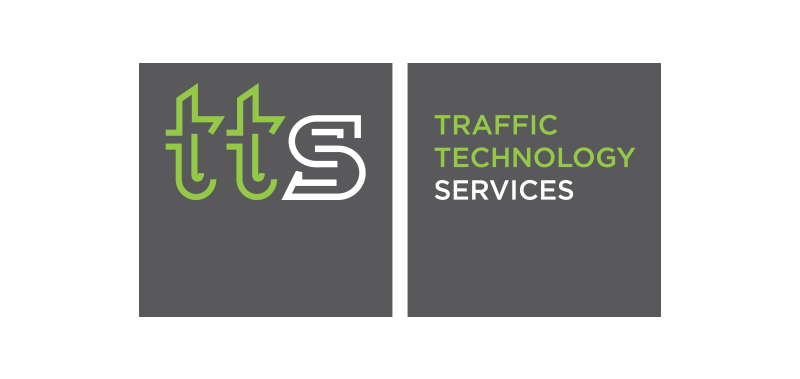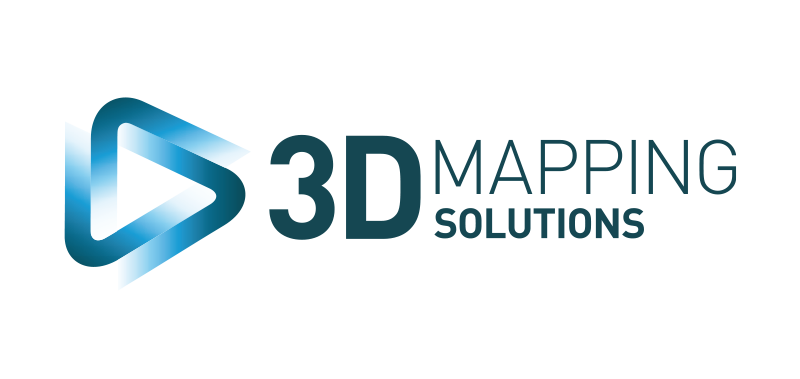We are a consortium of administration, mobility providers, research and industry. Learn more about the project participants and their tasks in TEMPUS.
Consortium

BMW Group
With its brands BMW, MINI, Rolls-Royce and BMW Motorrad, the BMW Group is the world’s leading premium manufacturer of automobiles and motorcycles and provider of premium mobility services.
BMW has firmly anchored ecological and social sustainability along the entire value chain, comprehensive product responsibility and a clear commitment to conserving resources in its strategy.
The BMW Group is contributing its many years of experience in vehicle development and in the research and development of technical mobility solutions and services in urban areas. In addition to participating in many work packages of TEMPUS and programming vehicle-side software, the BMW Group is providing test vehicles.
Further information via external link: https://www.bmwgroup.com/de.html

EBUSCO
Ebusco is dedicated to the development, production and marketing of fully electric urban and regional buses and the associated ecosystem. The company’s goal is to contribute to a better and healthier living environment by making sustainable, zero-emission public transport the standard. Ebusco’s buses are currently in operation in several European countries, including major cities such as Amsterdam, Frankfurt and Munich.
For the TEMPUS project, Ebusco is supplying novel composite buses that integrate state-of-the-art technology, enabling platooning between these buses.
Further information via external link: https://www.ebusco.com/

Karlsruhe Institute of Technology (ITIV)
For many years, the Institute for Information Processing Technology (ITIV) has been conducting research in particular on the use of heterogeneous, dynamically reconfigurable hardware architectures, subject-specific optimized architectures, procedures for partitioning decisions of hardware and software for the use of corresponding methodology for rapid prototyping, and the testing of hardware modules. In this environment, the work of ITIV deals with the optimization of systems in the field of automotive and automation technology, as well as security.
In the TEMPUS project, ITIV is responsible for the conceptual design, implementation, and evaluation of the driving functions for an automated platooning of e‑buses in public transport. After gathering the requirements, a sensor concept needed for implementation and the necessary algorithms are developed. The developed platooning functionality will be demonstrated and tested.
Further information via external link: https://www.itiv.kit.edu/index.php
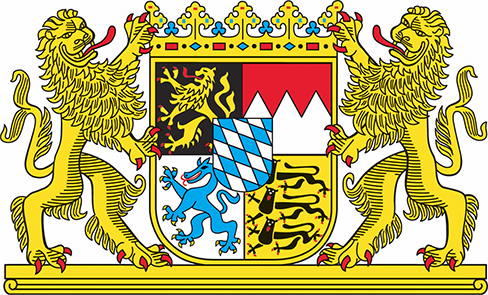
Free State of Bavaria — Bavarian State Construction Administration (LBD)
LBD is responsible for the planning, construction, operation and maintenance of federal and state roads in the inter-regional road network, as well as for some of the district roads on behalf of the counties. This includes, among other things, the operation of traffic signal systems and a traffic signal control center.
In the TEMPUS project, LBD is building up the part of the test field that is in the extra-urban area. In addition to setting up the infrastructure in the rural test area, it is also involved in other work packages. LBD coordinates the set-up of the test field with the traffic signal manufacturers, the data purchasers and the State Construction Office Freising, which is responsible on site.
Further information via external link: https://www.lbd.bayern.de/
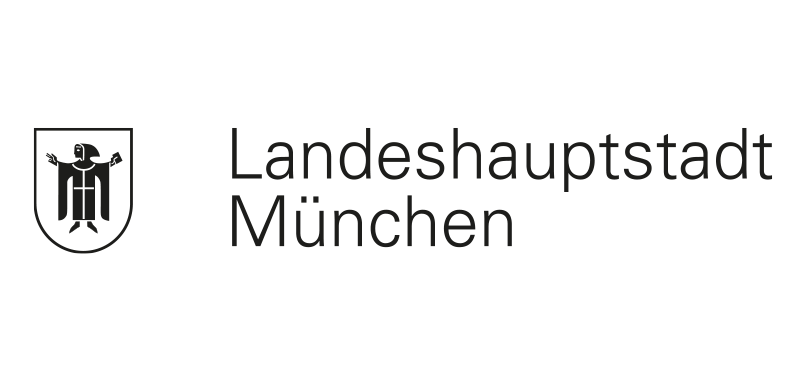
City of Munich
The City of Munich (LHM) has the legal and political obligation, to design its transportation system and provide all citizens with the most sustainable mobility options possible. In doing so, it is also important to incorporate research and innovation into the administration, where this makes sense, to continually renew and improve the system.
In TEMPUS, LHM owns the project lead and the main responsibilities are, for example, infrastructure equipment, digitalization in the road space, system architecture, and the role as a link between the individual partners in all matters.
Further information via external link: https://www.muenchen.de/

PTV Group
The PTV Group is known for future-oriented software technologies in the areas of traffic planning, transport logistics and geomarketing, as well as consulting. Our goal: design a mobility for the future that preserves our livelihoods.
PTV’s main task in the TEMPUS project is to research general behavioral model approaches for improved simulation of the interaction between vulnerable road users (pedestrians, cyclists) and automated vehicles and their demonstrator-like implementation in the PTV Vissim simulation software.
Further information via external link: https://company.ptvgroup.com/de/

Munich City Utilities (SWM)
SWM is the municipal utility and service provider for Munich city and its surrounding region. Münchner Verkehrsgesellschaft (MVG) is the subsidiary of SWM and, as a leading mobility service provider, ensures that everyone in Munich can travel quickly, safely and in an environmentally friendly manner.
As part of TEMPUS, SWM/MVG are developing a prototype for bus platooning and piloting digital public transport acceleration at selected traffic signals in the test area.
Further information via external link: https://www.swm.de/stadtwerke-muenchen/mvg
Trafficon GmbH
Trafficon designs, initiates and implements solutions — to relieve congested urban areas and promote environmentally friendly mobility. As a partner of the public sector, research, and industry, Trafficon brings new approaches to the interaction of living environment and movement space.
The implementation of cooperative traffic strategies and the conception of a system architecture for the test field are the central contributions in the TEMPUS project.
Further information via external link: https://www.trafficon.eu/

Traffic Technology Services Europe GmbH (TTS)
Traffic Technology Services Europe (TTS) is a data service provider for connected and automated driving. With the so-called Personal Signal Assistant, TTS is the first provider to offer an area-wide V2X service in vehicles. TTS stands for cloud-based services that guarantee service without expanding the roadside infrastructure.
In Tempus, TTS brings to the framework and reference architectures requirements and implementation proposals from the perspective of a centralized service provider. A central traffic light phase service is being set up that spans all construction load carriers. This is being investigated with regard to its effectiveness in saving fuel for combustion engines and in extending the range of electric vehicles.
Further information via external link: https://www.traffictechservices.com/
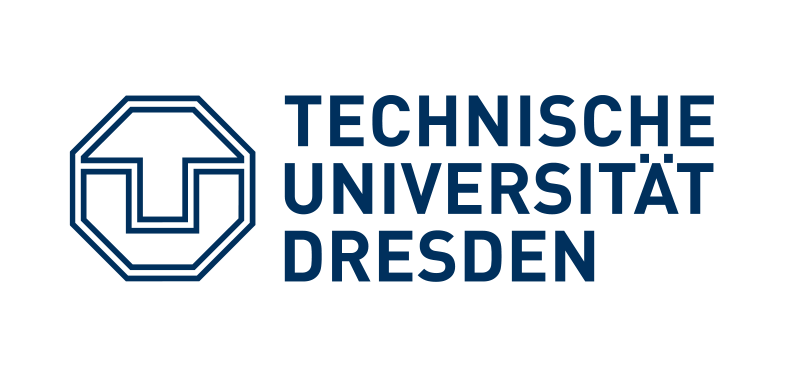
Technical University of Dresden
The Chair of Traffic Psychology and the Chair of Integrated Traffic Planning and Road Traffic Engineering are concerned with human experience and behavior as well as with safety and quality aspects in the traffic system.
In TEMPUS, TUD is investigating the acceptance of, as well as the interaction and communication with, automated and networked vehicles from the perspective of different social groups that participate in non-motorized traffic, including children, the elderly or people with limited mobility. The goal is to gain insights into how to make traffic including automated vehicles safer, more fluid and more pleasant for vulnerable road users. To this end, a wide variety of methods will be used — from conducting focus groups and household surveys, to laboratory experiments and field observations.
Further information via external link: https://tu-dresden.de/bu/verkehr/ivs/vpsy and https://tu-dresden.de/bu/verkehr/ivs/ivst

Technical University of Munich
The Chair of Traffic Engineering and Control at the Technical University of Munich (TUM) is concerned in research and teaching with methods and technologies for recording, describing and spatiotemporally managing traffic (individual and public transport).
In TEMPUS, TUM is engaged above all in the following topics:
- The simulative and real-life testing of an operational combination of passenger and freight traffic in the city — defined as “Ride-Parcel-Pooling” (RPP).
- Simulations and extrapolations of the investigated use cases to evaluate the effects of connected and automated traffic.
Further information via external link: https://www.mos.ed.tum.de/vt/startseite/

Yunex Traffic
Yunex Traffic is an independently managed company of Siemens Mobility. As a global leader in intelligent transportation systems, it has the largest end-to-end portfolio of solutions for adaptive traffic control and management, highway and tunnel automation, and intelligent solutions for V2X and tolling. Yunex Traffic has 3,100 employees from 58 nations and operates in over 40 countries worldwide. Its smart mobility solutions are currently deployed in major cities around the world, including Dubai, London, Berlin, Bogota and Miami. Yunex Traffic has successfully focused its efforts on mastering technologies in the three segments of hardware, software and service, making it the only provider able to meet all major regional standards in Europe, the UK, Asia and the Americas.
In the TEMPUS project, Yunex Traffic is implementing various use cases as part of the digitalization of road infrastructure (traffic signal system, road side unit) and for the digital public transport prioritization of buses (on-board unit).
Further information via external link: https://www.yunextraffic.com/global/en/

3D Mapping-Solutions
3D Mapping Solutions GmbH, based in Holzkirchen and Pittsburgh, USA, specializes in the high-precision and high-resolution acquisition of road networks, test and race tracks, and proving grounds for automotive applications, and is a global leader in this field. In addition, its core competencies include kinematic surveying in railroads and tunnels, the acquisition of basic data for the creation of 3D environment models, the provision of reference information for advanced driver assistance systems, and the creation of highly accurate reference maps of road networks for autonomous driving.
For the TEMPUS research project, 3D Mapping Solutions is digitizing the test area in the north of Munich with mobile mapping systems. In addition, 3D Mapping Solutions evaluates the use of existing, up-to-date geo-base data of the City of Munich to create highly accurate map data for automated driving.
Further information via external link: https://www.3d-mapping.de/home/

